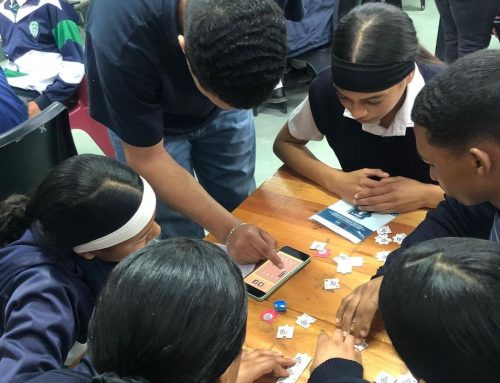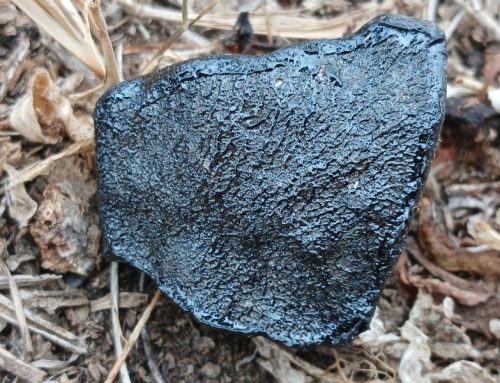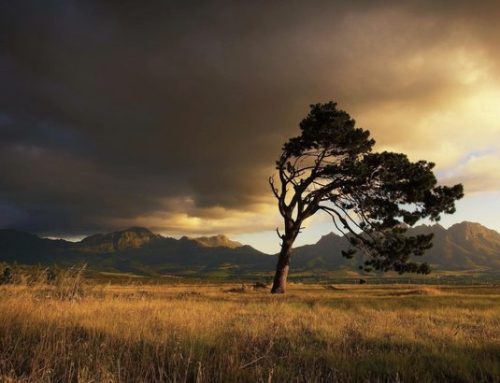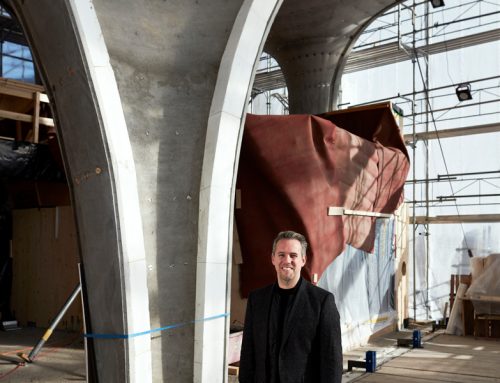 It has taken twelve long years for the original descendants of the Khomani San to start benefiting from their ancestral land inside and outside the Kgalagadi Transfrontier Park, even though it was returned to them in 1999.
It has taken twelve long years for the original descendants of the Khomani San to start benefiting from their ancestral land inside and outside the Kgalagadi Transfrontier Park, even though it was returned to them in 1999.
Theirs is an all too familiar story in South Africa today where land restitution is crippled by corruption and political opportunism.
Fortunately this is one story that could finally have a happy ending for the Khomani San led by elder Dawid Kruiper. Assisted by stalwart ecologists Dr David Grossman and Phillipa Holden, and supported by Nedbank’s Green Trust, the Ford Foundation, African Safari Lodge Foundation and other benefactors, the Khomani San are finally achieving their lifelong vision.
Over the course of this year, with sponsorship from The Green Trust, Grossman and Holden will be consolidating strong, ethical management, infrastructure and game resources to develop the Khomani San’s vision of establishing traditional eco-tourism, cultural and hunting ventures on their ancestral land. This includes 25 000 hectares inside the Kgalagadi Transfrontier Park and six farms spanning 36 000 hectares outside the park.
The Khomani San now have their own gate into the park where they issue visitor permits and they are running their own modest camp, which charges R50 – R100 per night. A powerful drawcard for visitors is to go on game trails in the park with accomplished Khomani San guides and trackers who have a vast knowledge of the wide range of desert animals, including its six different cats: lion, leopard, cheetah, caracal, African wild cat and black-footed cat.
More good news is that the Khomani San are finally implementing their commercial right to develop a community-owned tourism lodge in the park on a prime site near the confluence of the Aub and Nossob Rivers. A highly respected and ethical venture philanthropist who prefers not to be named has shown interest in supporting this initiative.
To celebrate their rightful return, Dawid Kruiper and several clan elders are taking an historic journey through the greater Kgalagadi Transfrontier Park for the first time since the granting of their land claim. Accompanied by author-explorer Patricia Glyn, a documentary will be made of their six-week travels, which will include sites of spiritual, cultural and historic importance to the Khomani San.
“Regarding the practical management of the land, we have recruited a very competent, no-nonsense conservationist named Georg Wandrag who will work with the Khomani San. He is highly task-orientated and he has the skills and character to deal with everything from fence-building to coping with political interference,” comments Grossman who, together with Holden, has been through many a dark night defending the rights of the original claimants over the past 12 years.
To understand the complexity of this story, we need to go back to 1995 when Kruiper and his clan members, amounting to approximately 160 people, lodged their ancestral land claim. Four years later they were successful and the Khomani San Communal Property Association, as they called themselves, were told they would soon be back on their land.
Great was their celebration at the time with elders running the soil between their fingers where their ancestors once roamed.
To assist in the development of the Khomani San’s land claim, from 1998-2002 The Green Trust committed its first phase of funding through Grossman and Holden who had been appointed by Derek Hanekom, the Minister of Land Affairs at the time.
When Hanekom was replaced, Grossman and Holden’s assignment officially ended but Dawid Kruiper and his people asked if they would stay and help them.
The next couple of years saw Grossman and Holden battling alongside the original claimants against over 1500 newcomers who descended from all over the Northern Cape, claiming some form of Khomani San ancestry. Many were simply cashing in on the claim while forcibly attempting to oust the original claimants.
“The terrible truth is that Land Affairs at the time incited this opportunism as their approach was ‘why let just 160 people benefit from this claim when we can solve the whole Bushmen issue in one go’,” Grossman explains. “It turned into a free for all where the true claimants were being ousted, and the farms they had inherited outside the park, that were rich with game, were hunted and pillaged until there was nothing left.”
After Grossman and Holden repeatedly highlighted the corruption and collusion, putting themselves in the firing line, the South African Human Rights Commission finally launched an inquiry, which led to the release of a damning report of in 2005. It showed how politicians had secured votes by giving hundreds of illegitimate claimants membership to the Khomani San Communal Property Association. It exposed how this land claim had been completely abused.
“During this time we secured legal representation which was poised to take Land Affairs to court,” continues Grossman. “In 2007 they finally agreed to start working with us and to start sorting out their mess, including establishing who the rightful claimants are.”
From 2007 the iKhomani San project started taking off.
“We established a community office to manage the Khomani San’s land with computers and cellphone communications. It is run by two young women who are descendants of the original Khomani San and who received training to run the office and develop the GIS database – which monitors the use of plant resources in the park.”
With the blessing of SANParks, traditional healers are permitted to sustainably harvest plants in the park accompanied by ‘cyber rangers’ from the Khomani San community who have been trained to use cybertracking devices. They record the position and numbers of plant populations as well as the take-off, all of which is then downloaded in the office.
“What is interesting about this whole process is that it is an intergenerational transition of knowledge, where modern technology is combined with ancient wisdom to conserve the environment,” comments Grossman.
“The whole focus of the Khomani San is to retain their cultural identity through the transfer of age-old traditional knowledge and spirituality while at the same time adapting to modernity.”
Elders of the community are permitted to hold ‘veld school’ in the park where they spend time with the children from the community in traditional kraals, sharing their knowledge and discussing the children’s future.
Towards developing the farms outside the park, two are being developed as a Traditional Conservation Area (TCA), and SANParks has donated R650 000 worth of game to stock the farms. Goodwill has also been extended by Tswalu Kalahari Game Reserve, owned by the Oppenheimer family, which has donated 100 indigenous antelope, including oryx, springbuck, red hartebeest and blue wildebeest to stock the traditional farm Erin for ecotourism and cultural purposes.
“We are busy purchasing more animals and once there are sufficient numbers, traditional-style hunting and gathering will be permitted on a sustainable level,” says Grossman. Visitors will be able to experience traditional bow and arrow hunts here, as well as other cultural inheritances such as indigenous medicinal knowledge and traditional dancing storytelling, in the company of the original descendants of southern Africa’s most ancient people.
Grossman and Holden have walked a long road with the Khomani San. They have shown extraordinary perseverance and commitment to the bona fide inheritors of this land.
“It was impossible to turn our backs when they asked for our help,” says Grossman. “We saw despair where there should have been such hope, and we saw injustices where they were supposed to have something to look forward to.
“We would also like to thank The Green Trust for supporting the cause of the original claimants all these years. Community projects require long-term commitment because they are highly complex and often fraught with problems. The Green Trust understands this and committed to the long haul.”
Twelve years later hopelessness and corruption is finally being replaced with good management and leadership.
“For the Khomani San elders to finally be re-exploring the Kgalagadi Transfrontier Park, the land of their ancestors, is a highly significant and spiritual occasion. Let the healing begin.”




